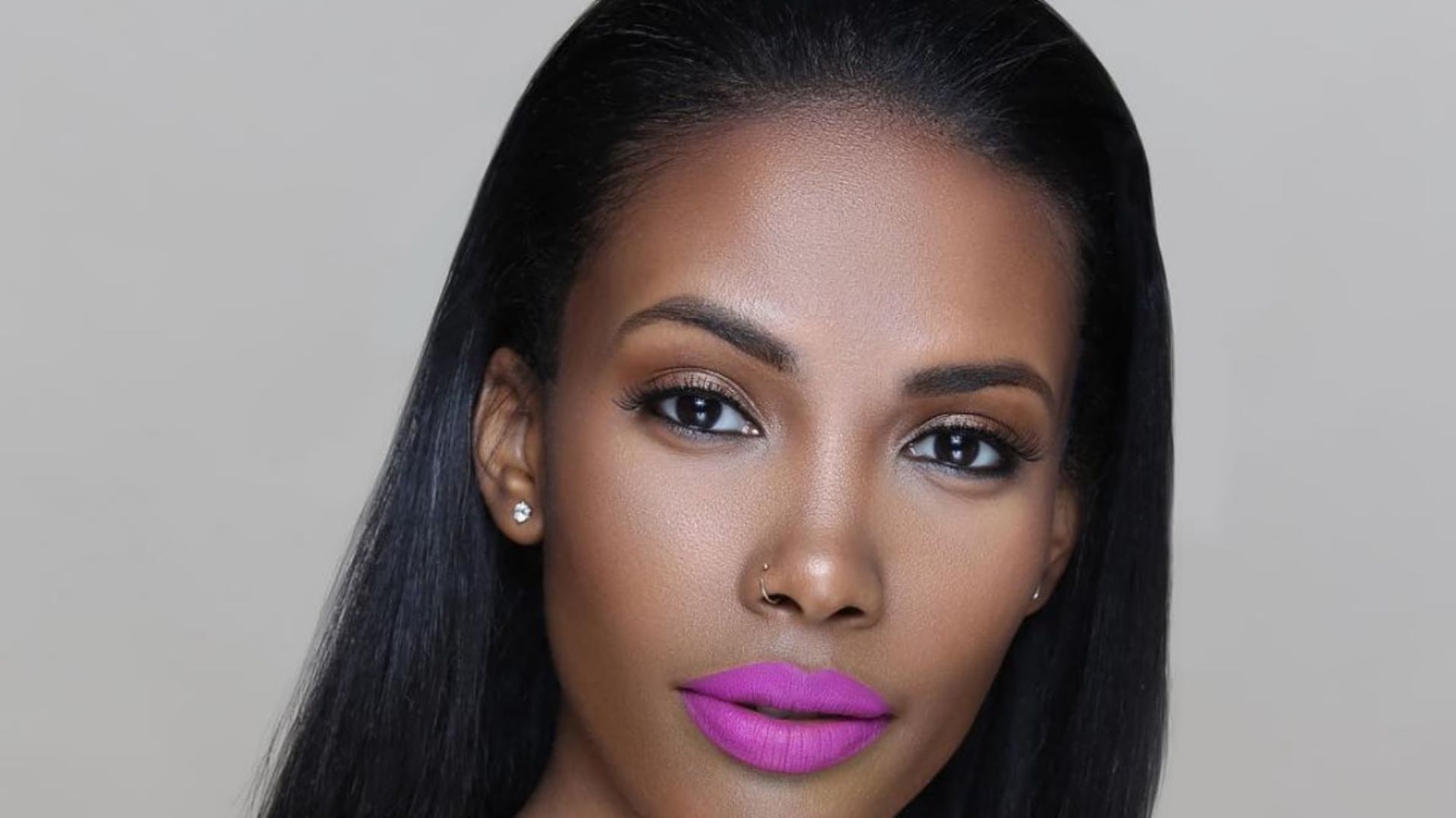BY ASHLEY MCDONOUGH,
As the old saying goes, “Sometimes rejection is simply God’s redirection.” No proverb could better explain Lip Bar founder Melissa Butler’s entrepreneurial journey.
Beginning her career in corporate America, the Detroit native made a drastic shift when she decided to become a beauty entrepreneur. Frustrated with the lack of diversity and excessive chemicals used in mainstream beauty products, Butler decided to create vegan, cruelty-free lipsticks that would disrupt modern-day beauty standards. With her bold approach and unique selection of eye-popping colors, Butler manifested, researched, and created her own beauty products by hand, ultimately making her way to primetime TV on ABC’s Shark Tank. Though, instead of getting investors for her beauty brand The Lip Bar, once she arrived, Butler was faced with doubters who insisted “she would never even get market share” with a business like hers.
Despite the public rejection, Butler remained true to her vision, continuing to create environmentally-friendly, vibrant products by any means necessary for a diverse clientele. “I’m a rebel with a cause to change the way people think about beauty,” says Butler.
You can now find that same Shark Tank “reject’s” product on the shelves of Targets nationwide and is steadily becoming a force in the cosmetics world. Ahead, we dig into Butler’s journey and what it takes to run a successful brand.
Take us through the early stages of entrepreneurship and building the brand of The LipBar?
For the first three years, every single product The Lip Bar sold came from my bare hands. I was doing the fulfillment, product development, customer service, branding, everything. But that’s what entrepreneurship looks like for many if you don’t have resources. Though what I had is passion. I was determined to change the way women thought about beauty. My goal was to challenge the beauty standard. In 2010, I was so frustrated with the beauty industry and the fact that it was telling a very linear story of what beauty was and falsifying this idea that beauty was something to be created instead of already had. My revelations [led to me] making lipsticks in my kitchen.
What did your Shark Tank experience teach you about yourself and your business?
Be open to failure and receiving advice. Be open to learning. But also, be confident in your ability to move the ship in the right direction. If you aren’t confident, those moments of resistance will eat you alive. Shark Tanktaught me a lot; it taught me that I was stronger than I thought and to focus on my North Star. It proved to me that I wouldn’t let anything get in my way of changing the way women think about beauty. So listen and learn in those moments of doubt but keep pushing forward. People are always going to have opinions and in today’s world with social forums, comments, etc., people are going to share their thoughts. Feedback is a blessing and a curse because it can be hurtful but that’s where growth happens, for you and for the company or product. To this day I always follow my instinct and my advice would be for young entrepreneurs to do the same, but be open to an unbiased outside opinion.
As a young Black woman founder, what is the best and worst part about being an entrepreneur?
The best part is the fulfillment. There is nothing [better] than working tirelessly on something and seeing it come to fruition. Or adversely, seeing it not come to pass and taking great learning from the experience. I imagine that entrepreneurship and motherhood are two of the hardest but most fulfilling [experiences] to have. The toughest thing about being a boss is managing people. Anyone can be a CEO, but it requires skill, communication and emotional intelligence to be a leader. Its a muscle that I have worked to build and I look forward to its growth.
For other young women of color looking to enter the beauty entrepreneur realm, what would be your advice to them?
Identify your passion and reflect on your strengths. Don’t become an entrepreneur just to escape the 9-5 or because you want to be your own boss. It’s a misconception. I’m a boss and I still answer to all of my customers, my investors, my team, etc. I work much harder than I did while on Wall Street. But the difference is, I believe in it. So you gotta approach entrepreneurship with passion. You need to know the purpose and the unique value proposition of whatever it is that you’re offering: What problem are you solving for people? What are the strengths you can bring to the table? Involve people who offset your weaknesses. Forget the title. Focus on the customer and make the leap from corporate to full-time entrepreneur when you know you can afford the risk: when you know you have the passion, the vision and have proven that there is a market for what you are offering. The glitz and the glamour is one percent of the daily routine. That’s why passion is so important. You’ll burn out if you’re not truly excited about what you’re doing.
Original article was published here.






Facebook Comments